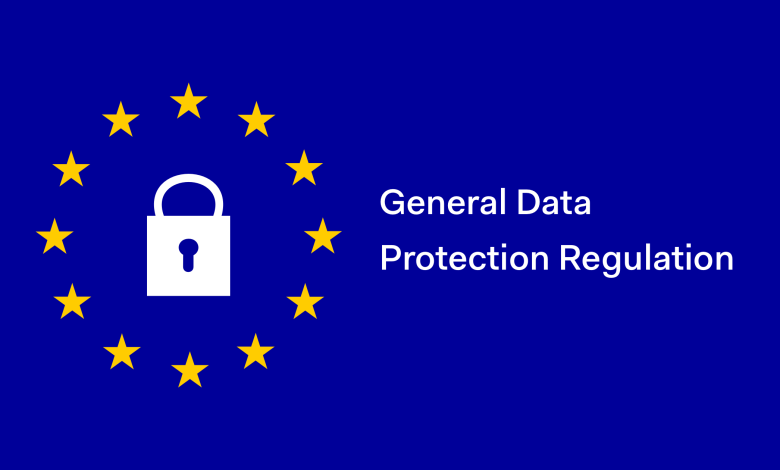
Anyone who applies for outstanding balance insurance ten years after the end of a successful cancer treatment can sleep soundly since 1 February. Due to the right to be forgotten, it is prohibited by law that insurers still take this into account Click here.
Stand Up To Cancer welcomes this new law and understands that insurance can be difficult in very serious medical situations, but in many other cases the refusal is incomprehensible. The system becomes fairer if:
- you no longer have to state your cancer diagnosis after 10 years when you apply for insurance,
- those who got cancer as a minor no longer need to mention their illness after five years,
- the periods from the reference grid are further shortened,
- for more cancers shorter terms are determined in the reference grid.
Bad luck
Let us first clarify the importance of outstanding balance insurance. Such insurance pays off your loan in the event of your death. Your partner or other surviving relatives will then pay nothing more or less. If you know that many banks only lend money for a home if you take out outstanding balance insurance, it immediately becomes clear what the consequences are if you cannot take out that insurance. You can’t buy a house because you were unlucky enough to get cancer so many years ago.
However, the Belgian Constitution states that everyone has the right to housing (art. 23 Gw). It is also state in that constitution: that the government must guarantee that right. The same government therefore has the task of ensuring that outstanding balance insurance is accessible, also for people with a cancer history.
Why does an insurer need to know that someone has had cancer more than ten years ago? This is not necessary in France and the Netherlands. Wim Geluykens Researcher-lawyer Stand up to Cancer.
The federal government has already made efforts to do so and set up, among other things, the Follow-up Office for Pricing, which can carry out a reassessment of the insurance application, and a compensation fund that intervenes in the event of very high additional medical premiums.
Not all problems solved
These measure represent progress, but unfortunately did not solve all the problem. Therefore, there is now the right to be forgot. Before that, the mustard was obtain in France. Unfortunately, two key ingredient were remove from that French mustard at the border.
The first is that the prospective policyholder in Belgium still has to report to his insurer that he cancer when he apply for outstanding balance insurance. Even if the end of the successful treatment is more than ten year ago and the insurer is therefore no longer allow to take it into account in its risk assessment.
Strange that someone who got cancer before the age of 18 has to wait ten year before he has the right to be forgot. In this young group, survival five or ten years after diagnosis hardly differs.
A second change from the French system is that there is no shorter term of five year for those who were diagnose with cancer as a minor. They will also have to fall back on the general term of ten years. There is no real motivation for this deviation from the French (and meanwhile also Dutch) system. However, an inquiry with the Cancer Registry shows that for this young group there is hardly any difference in survival between the period of five and ten years (84.6% relative survival after five years compared to 82.5% after ten years).
Reference grid does not go far enough
Apart from those two defects, the reference grid is also not ready. This schedule – which will only come into effect from April 2020 – determines which cancers are subject to shorter terms than ten years. It is good that it is recognized that the general term of ten years is often still too long to be able to speak of an increased risk of premature death Click here.
Stand Up To Cancer finds, however, that the roster doesn’t go far enough. The terms from the reference grid should be further shorten after evaluation. And shorter period must be determine in the reference grid for more cancer. After all, cancer specialists indicate that forms of breast cancer described in the grid are in fact not breast cancer, but merely a precursor to it. In those cases, there should never be a refusal or additional premium.




